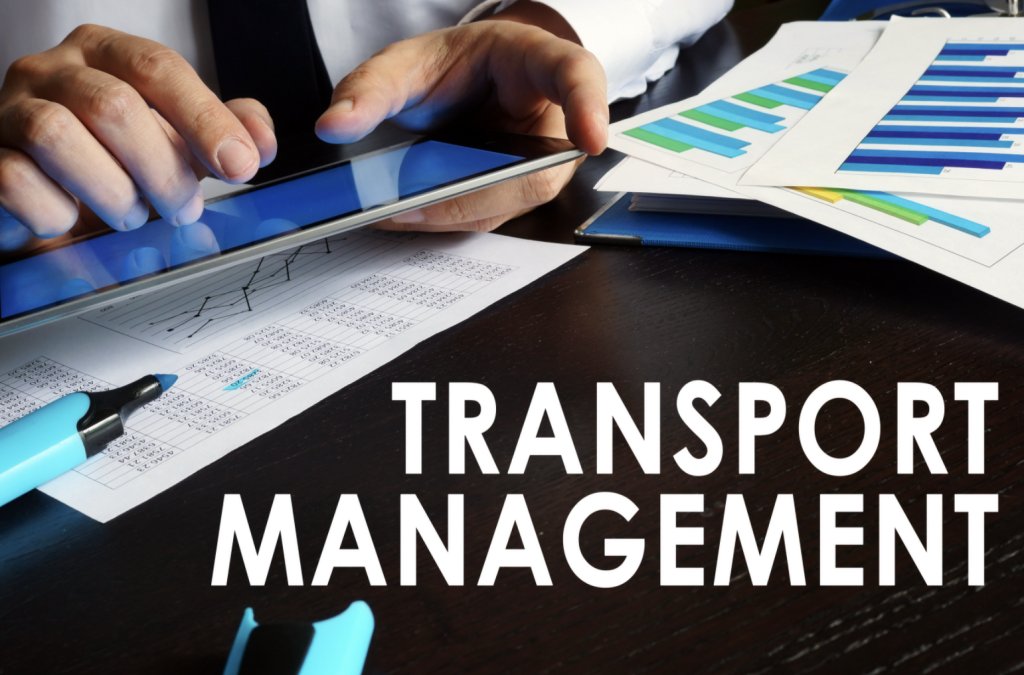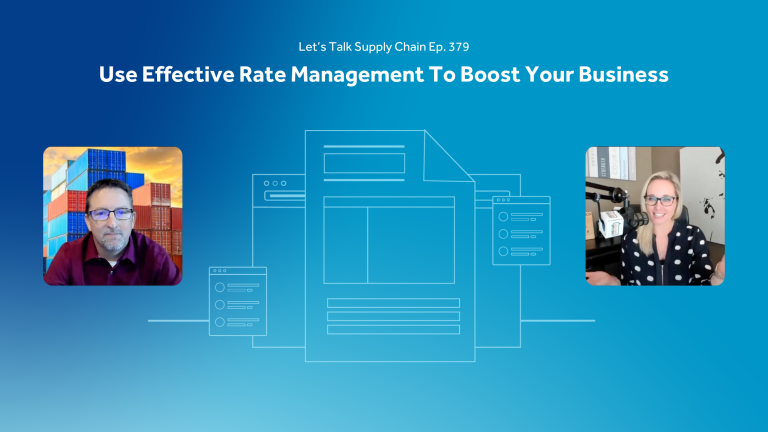As the transportation industry grows, everyone involved with the management of a fleet must focus on the details of each shipment and be fully prepared to tackle any issues that may arise. While hiring a competent staff for your fleet is crucial to its proper management, the transportation industry faces a large number of challenges on a daily basis, many of which require special technology. There are numerous issues that transportation management software (TMS) can help solve.
1. Poor Customer Service
Thorough knowledge of the effectiveness of your company is vital. A TMS can provide reporting and analytics that can give you a detailed view about how various aspects of your company are doing. Knowing exactly what is working and what is not in your company will make it easier for you to improve your business and satisfy your customers.
2. Insufficient Warehouse Function
Having a TMS will reduce the amount of time that you need to spend on managing your warehouse. You will have more time to spend other warehouse duties, increasing the productivity and function of the warehouse overall. A TMS will also reduce logistical errors that can slow down the workings of a warehouse.
3. Out-Of-Date Delivery Capabilities
Managing your business with a TMS will give you the capability to optimize your process. It can help you set up new delivery capabilities that will improve efficiency and overall function.
4. Inventory Difficulties
If you have a TMS, you will have a renewed confidence that your customers will be receiving their shipments on time. Knowing that the current shipments are taken care of will give you more time to focus on the inventory you have on hand. Being able to develop an inventory plan is extremely beneficial.
5. Inaccurate Shipment Tracking
Many customers and clients want to know updates on where their packages are and when they will arrive. A TMS can provide you with immediate status updates on where the inventory is on the delivery route. When customers and clients call in wanting to know where their package is, a TMS will give your team the ability to tell them where their package is in real time. Additionally, it can give customers and clients the ability to check on the status of packages themselves, without needing to call in and ask.
6. Manually Negotiating Carrier Contracts
Negotiating a contract with a carrier is one of the most dreaded annual activities. With a TMS, you will have access to the most current rates for all carriers, so that you can easily compare and make decisions about the most financially viable option for your company that year. A TMS can help ensure the contract that you settle on is the best one for your business.
7. Cash-flow Issues
A TMS can make your business run more smoothly and function efficiently. It can reduce the number of errors that impede successful deliveries and a variety of other things. Increased efficiency and reduced mistakes will lead to more cash flow for your company and provide you with a more profitable business.
Editor’s note: This blog was originally written for the GTG Technology Group, 7 Frequent Issues a TMS Can Solve.




